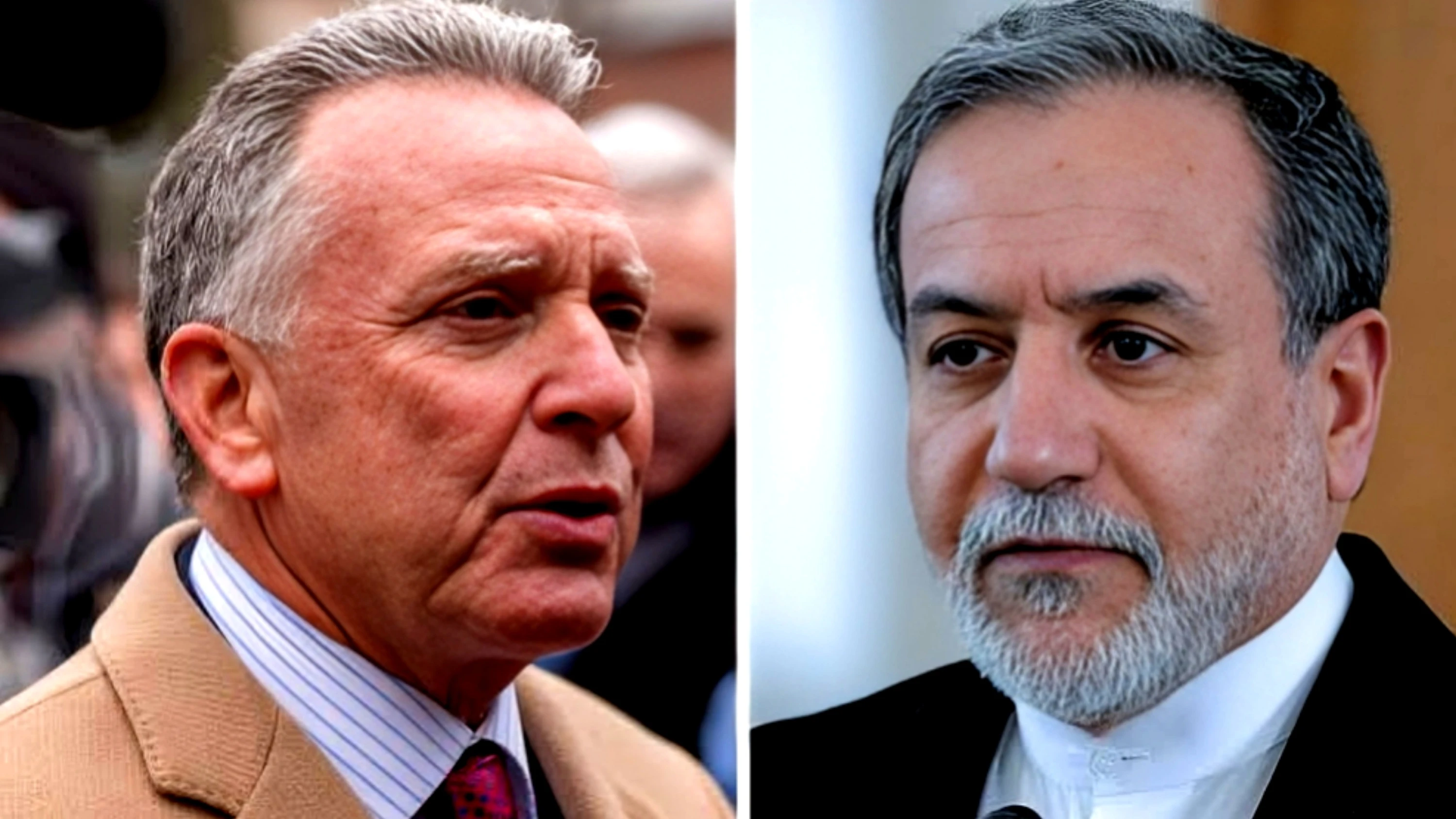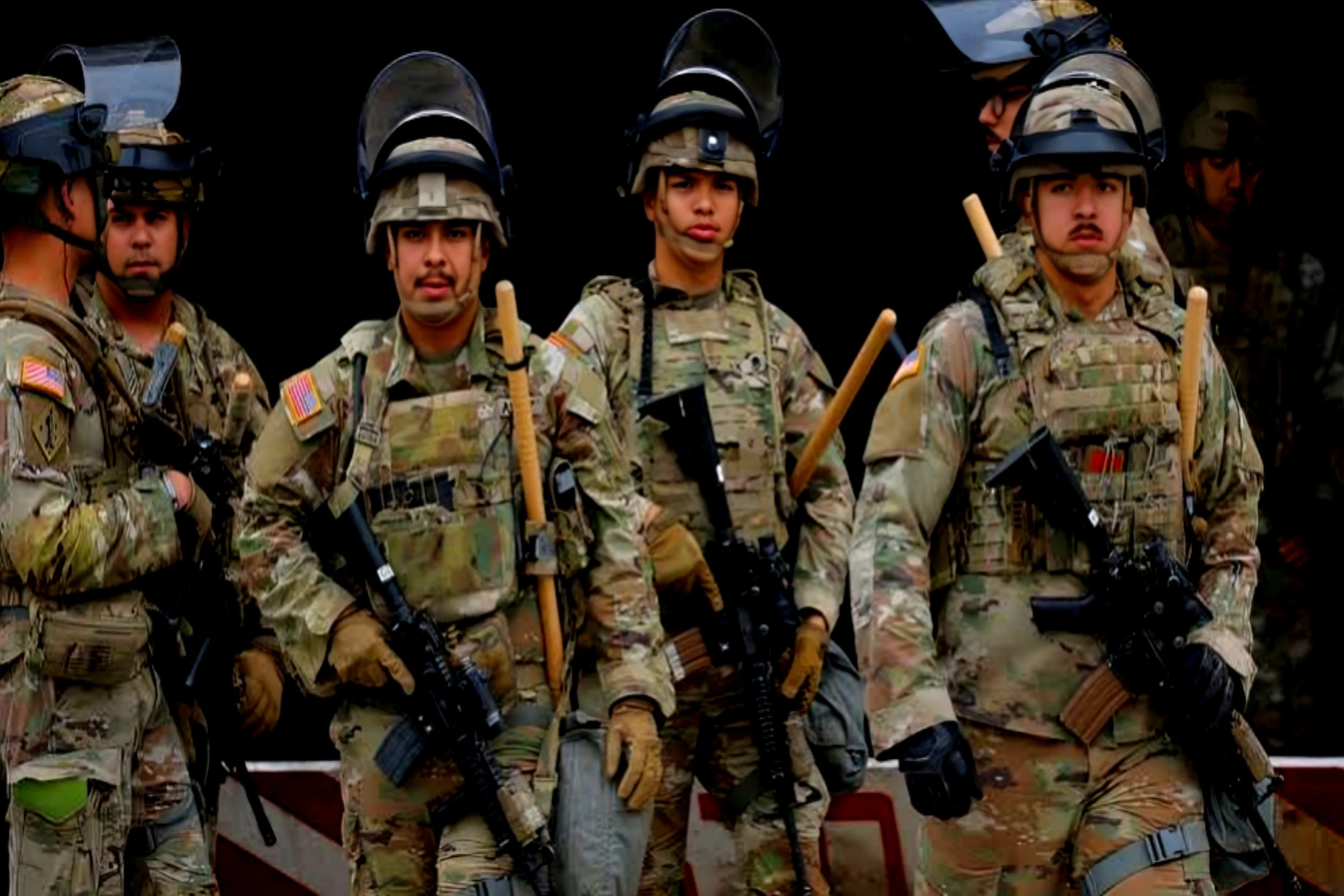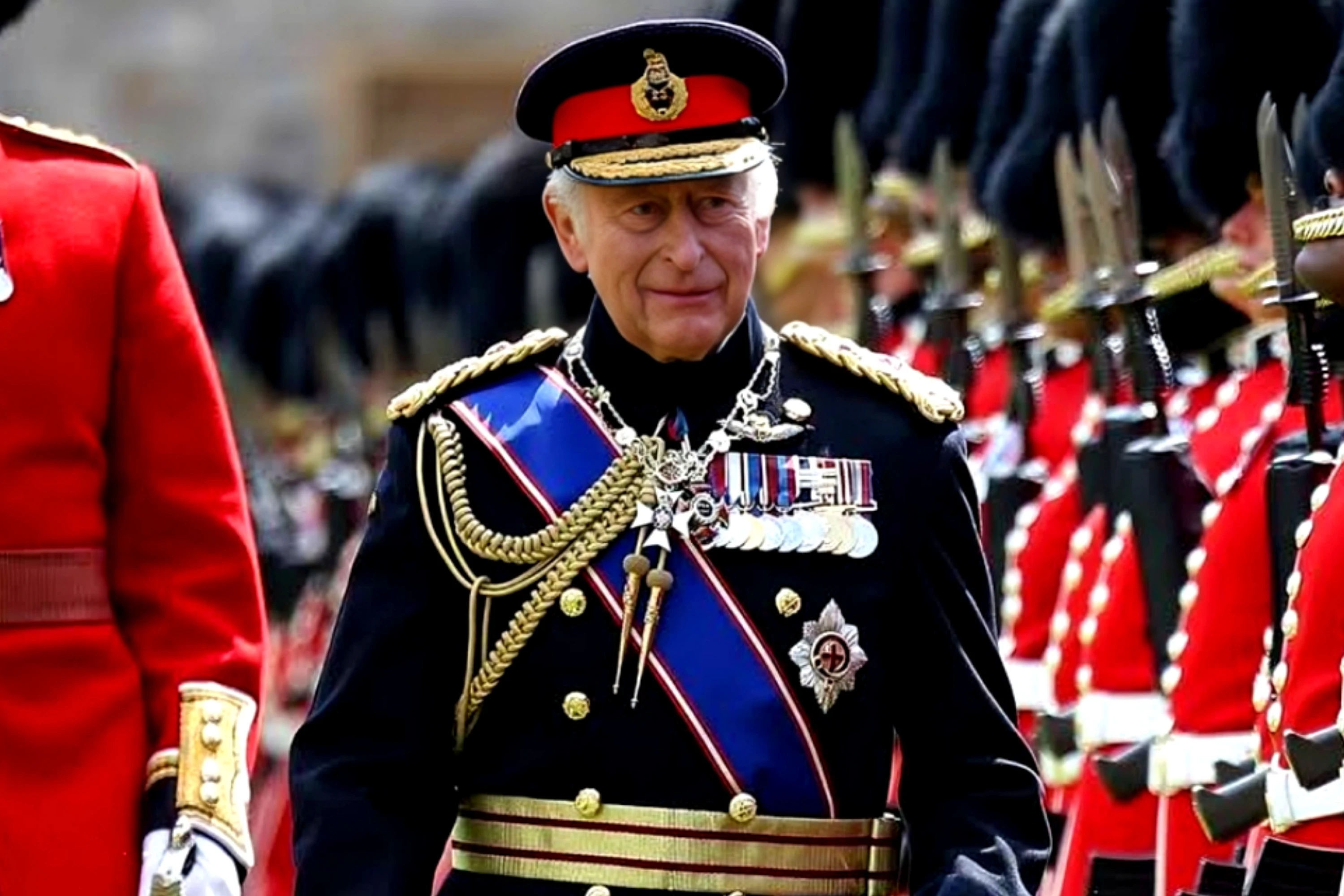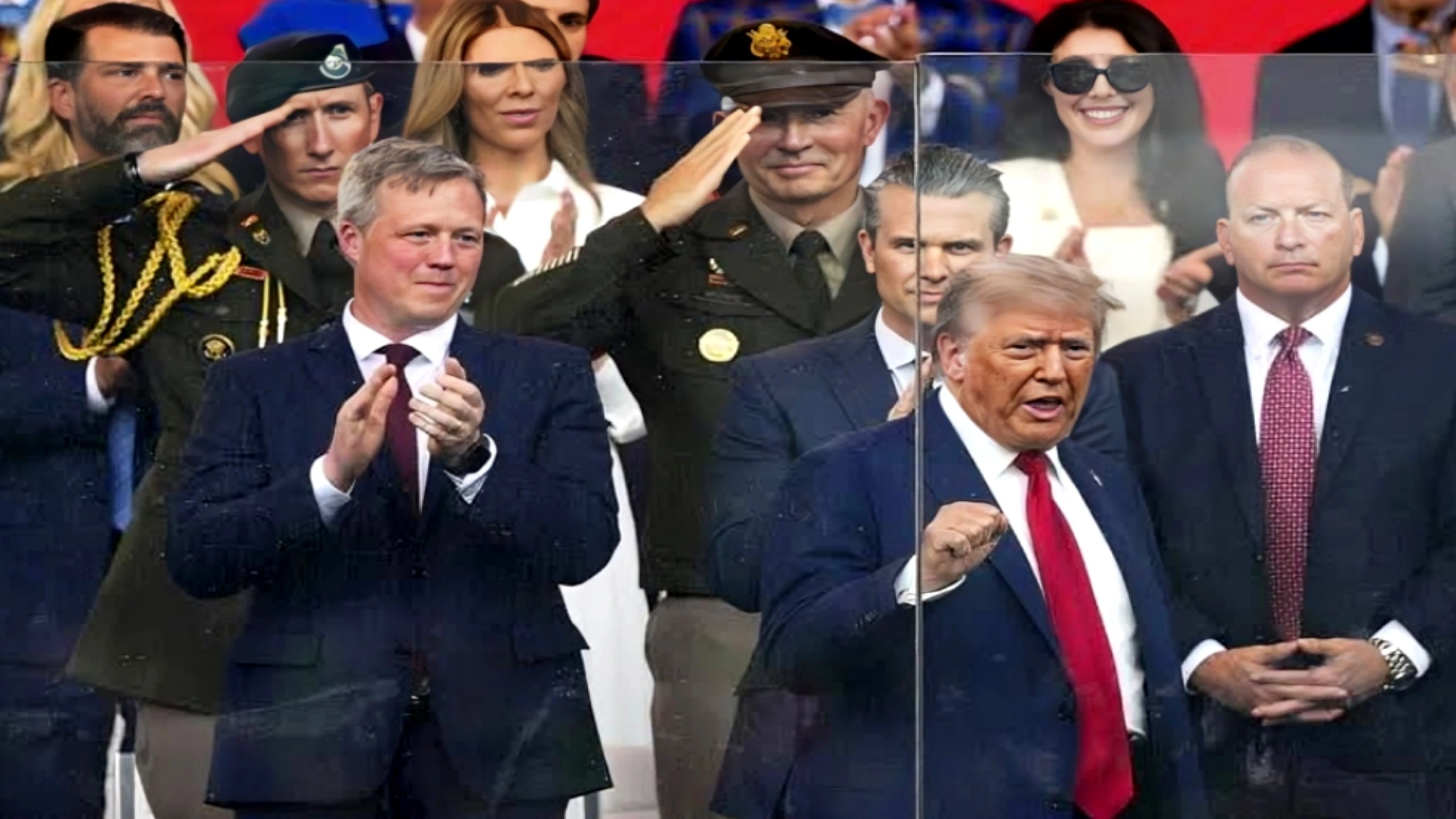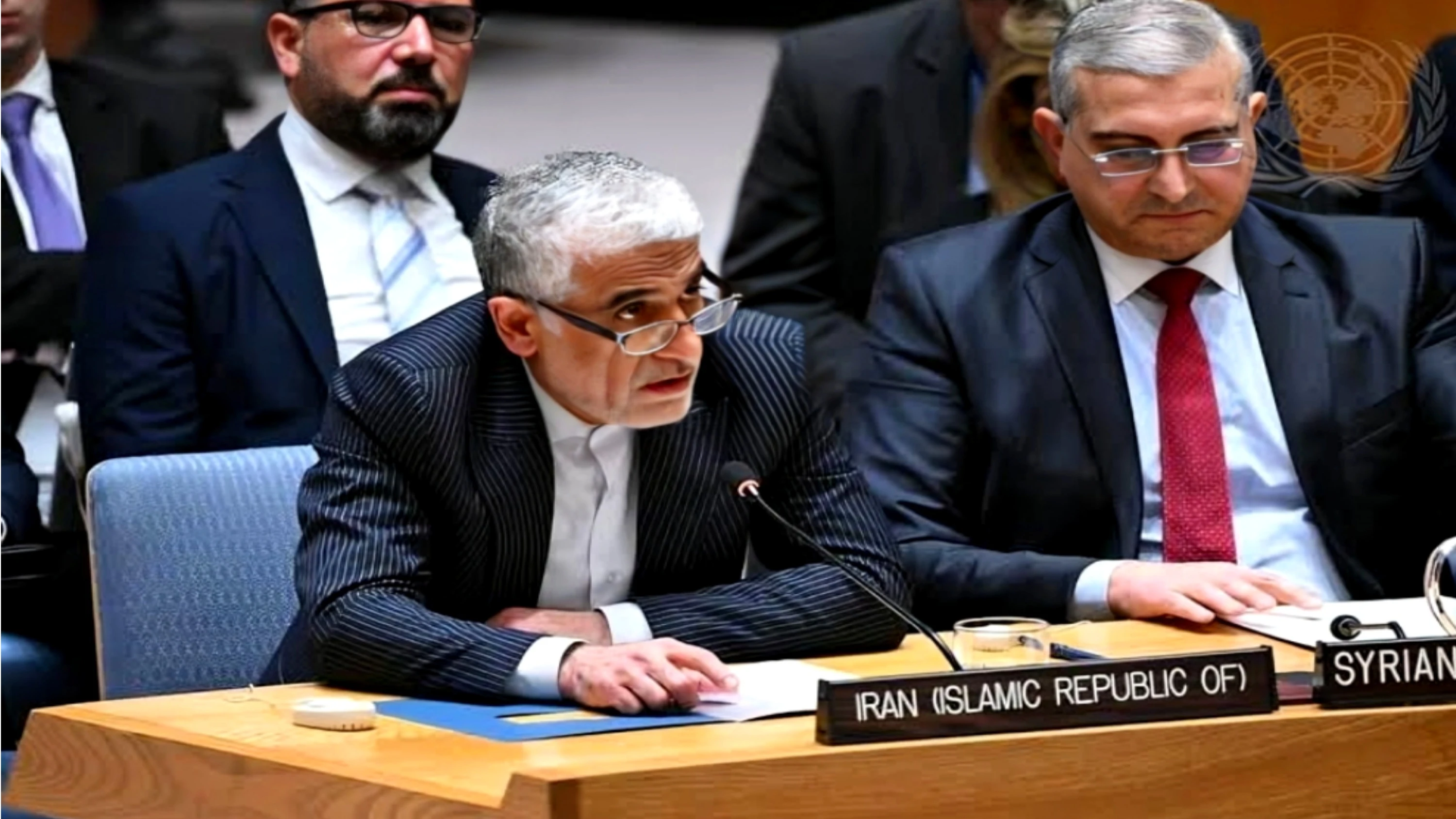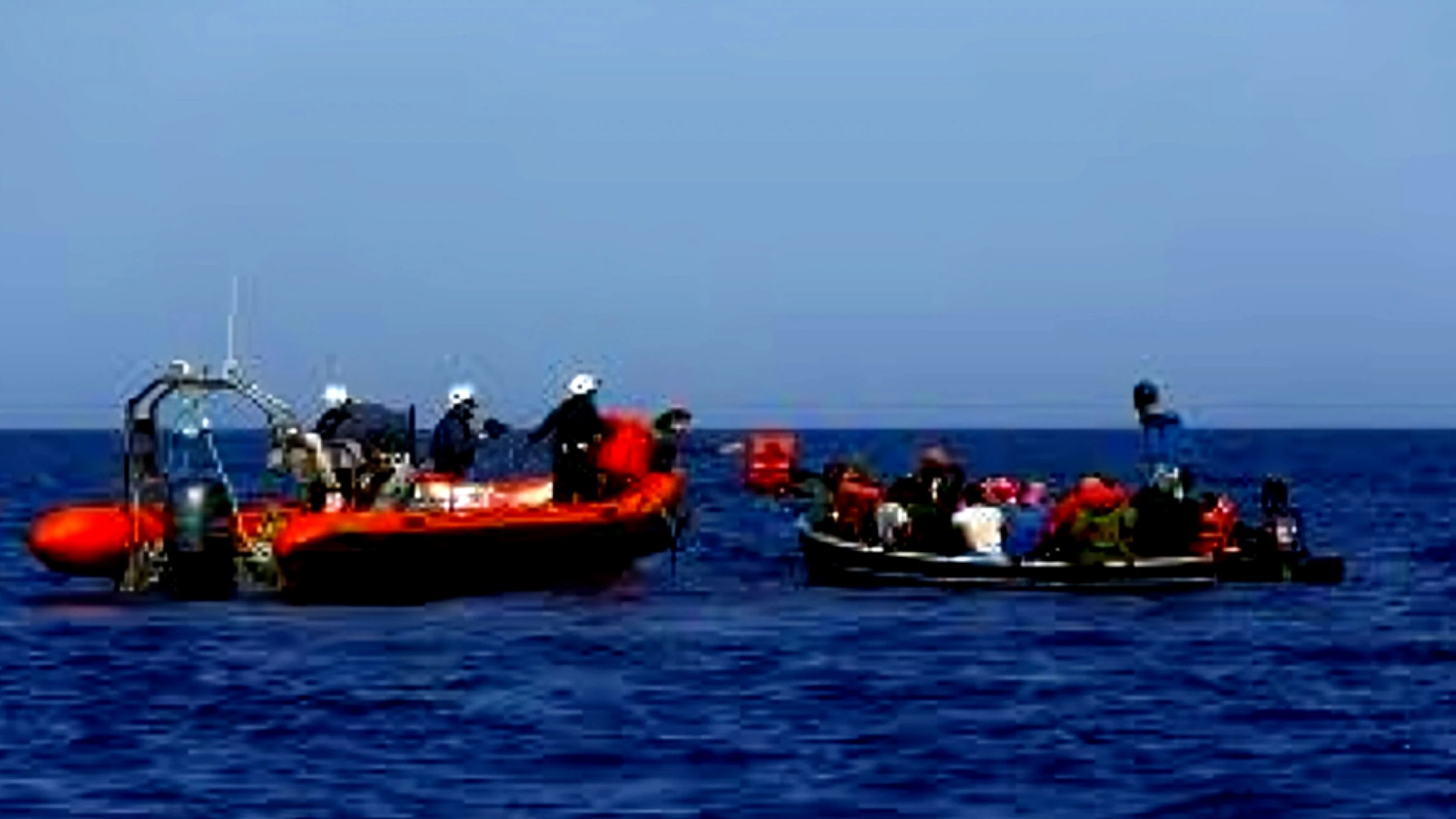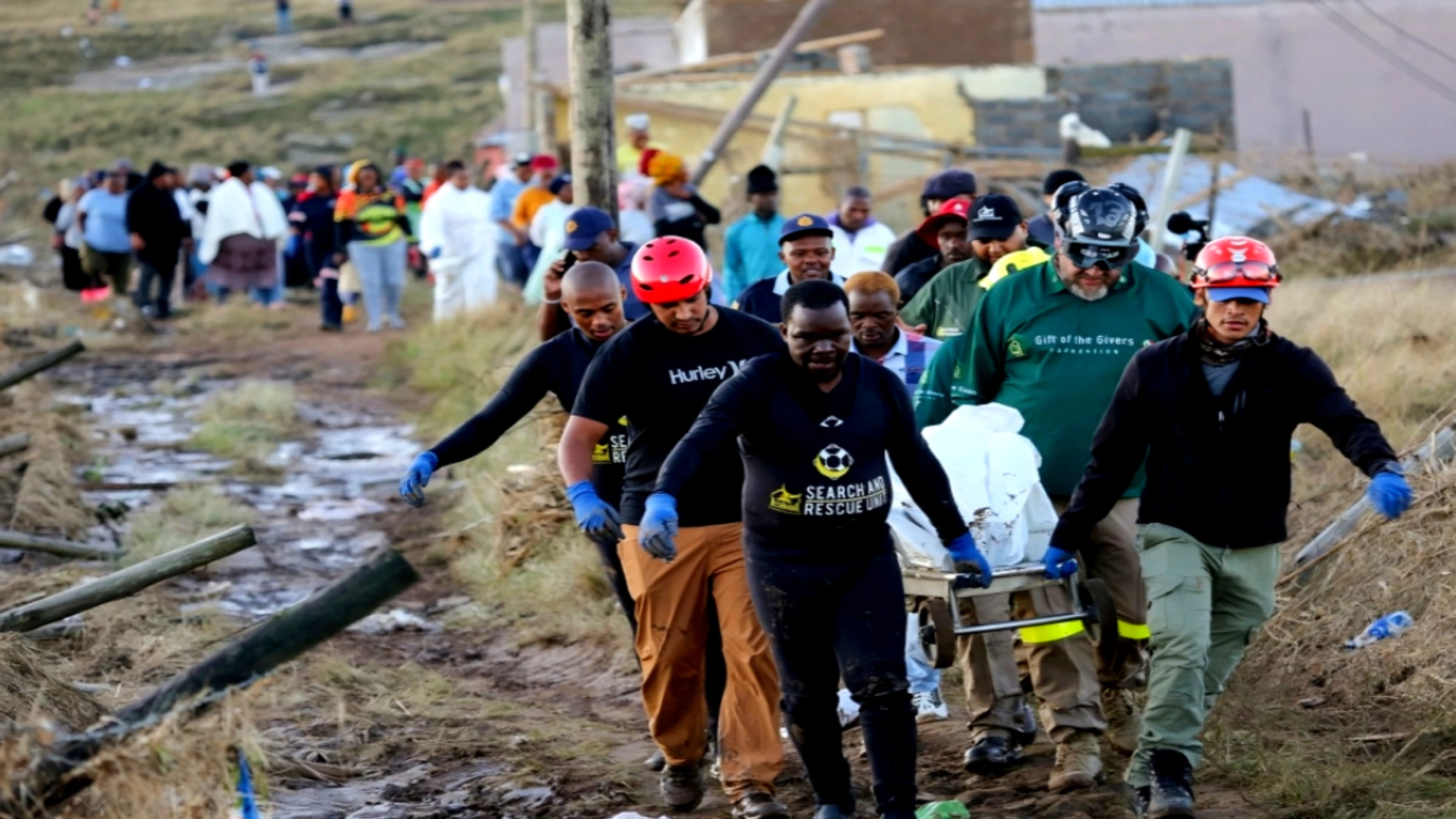Washington: The White House has described Saturday’s nuclear talks between U.S. President Donald Trump’s special envoy Steve Witkoff and Iranian Foreign Minister Abbas Araghchi as “very positive and constructive.” The discussions, centered on Iran’s nuclear program, were held in Masqat, the capital of Oman.
According to a statement from the White House, Special Envoy Witkoff conveyed to Dr. Araghchi that President Trump had tasked him with resolving U.S.-Iran differences through dialogue and diplomacy “as much as possible.” The statement emphasized the complexity of the issues at hand, adding that “direct talks by the U.S. envoy marked a step toward achieving mutually beneficial outcomes.”
Iranian Foreign Minister Abbas Araghchi, who led the Iranian delegation, echoed a similarly positive tone. Speaking to Iranian state television, he said, “In my view, for a first meeting, it was a constructive one conducted in a peaceful and respectful environment. No inappropriate language was used.”
The White House also confirmed that both sides have agreed to meet again next Saturday, April 19.
The discussions took place against the backdrop of escalating nuclear tensions since President Trump withdrew the U.S. from the 2015 Iran nuclear deal in 2018, vowing to seek a “better agreement.” Iran, until now, has refused to renegotiate the deal.
Araghchi said that Iran is seeking a “fair agreement” that would limit but not eliminate its nuclear program in exchange for sanctions relief. “Our aim is to reach a just and respectful agreement from a balanced position,” Araghchi stated, adding that his delegation comprises experts with deep experience in nuclear negotiations.
Witkoff, who was recently involved in talks related to the Russia-Ukraine war and met with Russian President Vladimir Putin in St. Petersburg last Friday, has remained tight-lipped on specific deal terms, saying only that face-to-face dialogue has begun. President Trump has repeatedly stressed that Iran must not be allowed to obtain nuclear weapons.
Trump reportedly sent a letter to Iran’s Supreme Leader via the United Arab Emirates, stating his desire for a deal that would prevent Iran from acquiring nuclear weapons and avert any potential military conflict involving the U.S. or Israel.
Speaking to Chinese media outlet CMG in Beijing, Rafael Grossi, Director-General of the International Atomic Energy Agency (IAEA), expressed hope that the Muscat talks would help bridge the divide between Washington and Tehran and lead to an eventual agreement. “We need a deal soon. The upcoming U.S.-Iran meeting is crucial,” Grossi stated.
President Trump hinted at the significance of the Oman talks during a recent White House meeting with Israeli Prime Minister Benjamin Netanyahu, stating both leaders agreed that Iran should never obtain nuclear weapons. Trump also warned that failure to reach an agreement would result in the U.S. using military force, while Iran has repeatedly stated it will not negotiate under pressure.
Iran maintains that its nuclear activities are entirely peaceful and denies pursuing nuclear weapons. However, since the U.S. exited the 2015 agreement, Iran has increasingly violated its terms in retaliation for renewed U.S. sanctions, enriching uranium to levels capable of producing multiple nuclear bombs.


